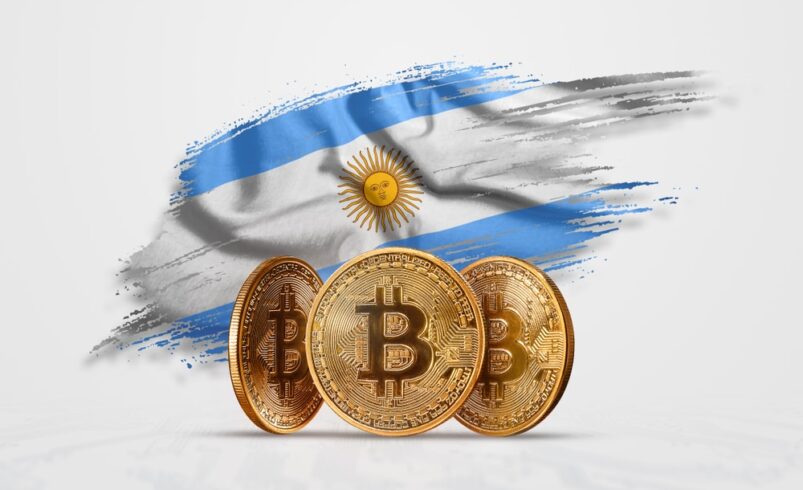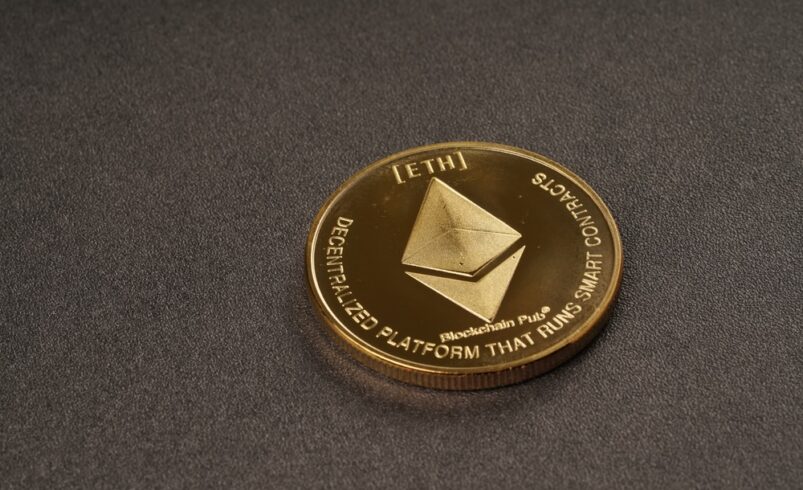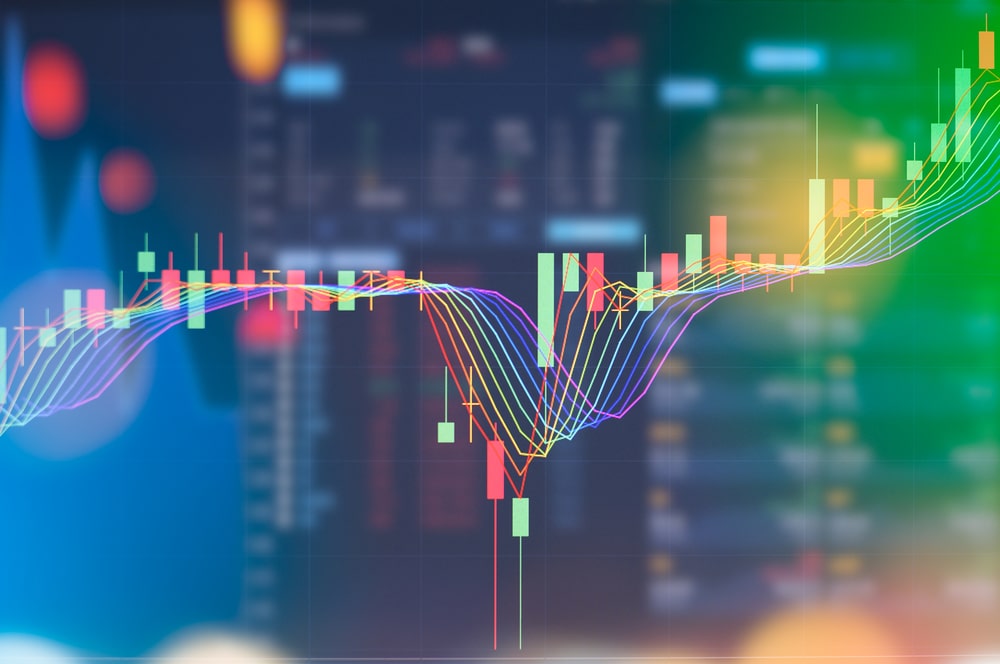What You Need to Know About AI Tokens

AI tokens exhibit promising stability and demand, with many analysts forecasting consistent growth. These tokens are displaying a rising trajectory. Let us delve further into this AI phenomenon.
Technological innovation is relentless in our current era, often called the digital age. The emergence of artificial intelligence (AI) represents a monumental shift in this trajectory, merging seamlessly with cryptocurrency. AI’s domain rapidly expands, potentially transforming global frameworks from daily living and professional dynamics to human interactions. Discussions abound regarding the prospect of AI supplanting human roles in various sectors. A notable development in this domain is the AI tokens. Let’s explore this further.
Defining Artificial Intelligence
The terms “artificial” and “intelligence” denote “man-made” or “non-natural” and the capacity to utilize acquired knowledge and skills, respectively. Thus, artificial intelligence, abbreviated as AI, refers to replicating human cognitive functions by machines or computer systems. It is a segment of computer science dedicated to crafting intelligent machines capable of operating autonomously.
Microsoft Corporation’s (NYSE: MSFT) stake in OpenAI, the parent organization of ChatGPT, has further heightened interest in AI. ChatGPT has showcased significant potential, suggesting that AI could play a direct role in blockchain advancements. For instance, when ChatGPT was queried about its financial preferences, it conveyed investment and resource acquisition strategies, highlighting the potential for AI systems to align with human financial objectives. Indeed, the versatility of AI allows it to be tailored for various tasks, including monitoring for unauthorized activities.
There are four primary classifications of AI:
- Reactive Machines: These systems operate without forming memories, reacting to specific prompts, and executing predetermined tasks. Their decisions are uninfluenced by past interactions.
- Limited Memory AI: An example of this category is autonomous vehicles equipped with dedicated software. Devices within this category operate based on preset data and cannot ideate independently.
- Theory of Mind AI: This category aspires to equip machines to comprehend and retain emotional experiences, bestowing them with decision-making processes akin to human beings. This field is currently under extensive research.
- Self-Awareness: Envisioned as the zenith of AI evolution, these entities will be endowed with emotions, consciousness of their cognitive state, and sensitivity to the feelings of others in their vicinity.
Understanding AI Tokens
AI tokens are digital assets that serve as a gateway to access AI-driven technology, often through some form of payment, on the blockchain. Their primary function is to energize AI-centric projects, including but not limited to decentralized platforms, investment mechanisms, content creation services, and beyond. Such tokens bolster AI undertakings and harness artificial intelligence’s power to enhance scalability, user interaction, security, and market foresight. In essence, tokens rooted in AI confer decision-making privileges to their possessors.
Many in the cryptocurrency domain are attentively observing the trajectory of AI tokens, optimistic about their future prominence, reinforced by their commendable recent market behavior.
AI Token Applications
The functions and applications of AI tokens can be diverse, contingent upon their specific design. Notable applications span from portfolio administration and content creation to autonomous digital entities and predictive analytics.
Highlighted uses of AI tokens in the AI realm include:
- AI Tools and Infrastructure: This encompasses virtually every phase of the machine learning process, integrating software, hardware, datasets, computational assets, and other essential tools for AI system construction. This ecosystem facilitates the construction, implementation, and maintenance of AI frameworks. Professionals in the AI domain, from software developers to data scientists, leverage these resources to design, validate, and implement AI-driven solutions.
- Decentralized AI Platforms: These platforms offer a venue for individuals to transact AI-centric products utilizing AI tokens. Being decentralized ensures no single entity can exert undue influence or control over the marketplace. AI tokens stand as the exclusive transactional medium here.
- AI-Driven Portfolio Oversight: This involves investing strategically through AI methodologies. Functions include risk assessment, asset allocation, and periodic adjustments. AI platforms may remunerate data specialists with AI tokens for their valuable input and predictions. These tokens are also the key to availing services on such media.
- AI-Enabled Image Creation: AI-powered systems can produce visuals based on user directives.
- Confidential Data for AI Constructs: Private datasets can profoundly influence research and commercial results. While their value is undeniable, accessibility issues related to ownership and confidentiality arise. AI tokens offer a solution by facilitating data monetization while preserving data confidentiality.
AI Token Variants
Distinct AI tokens cater to varied purposes. A few examples are:
- FET: Recognized as the transactional asset within the Fetch.ai ecosystem.
- AGIX: A pivotal asset for the SingularityNET decentralized platform, it permits the exchange of diverse AI-oriented goods and services.
- ALI: Deployed for creating character NFTs on Alethea AI, it also plays roles in enhancements, trades, and rewards.
- NMR: Linked with the Numerai, an AI-anchored decentralized investment fund, rewarding contributors in NMR tokens.
- Hera: Ownership of this token translates to governance rights within the Hera system.
Pros and Cons
A salient advantage of AI tokens is their decentralized nature and security features. This makes them invaluable for creating AI tools prioritizing data privacy and protection. Furthermore, they are a passport to many AI-based goods and services, granting stakeholders an active role in this burgeoning sector.
However, like other digital assets, AI tokens are not without challenges. Regulatory uncertainties loom large. Additionally, the concept of an AI-backed token remains nebulous to many, and the intricacies of various AI projects can be daunting, even for cryptocurrency veterans.
Final Thoughts
AI tokens show promise for enduring growth and a rising demand curve. Their introduction made waves, and their consistent performance reinforced their potential. Observers foresee a bright future, and current market trends validate their optimism.
DISCLAIMER: It's essential to understand that the content on this page is not meant to serve as, nor should it be construed as, advice in legal, tax, investment, financial, or any other professional context. You should only invest an amount that you are prepared to lose, and it's advisable to consult with an independent financial expert if you're uncertain. For additional details, please review the terms of service, as well as the help and support sections offered by the provider or promoter. While our website strives for precise and impartial journalism, please be aware that market conditions can shift unexpectedly and some (not all) of the posts on this website are paid or sponsored posts.









